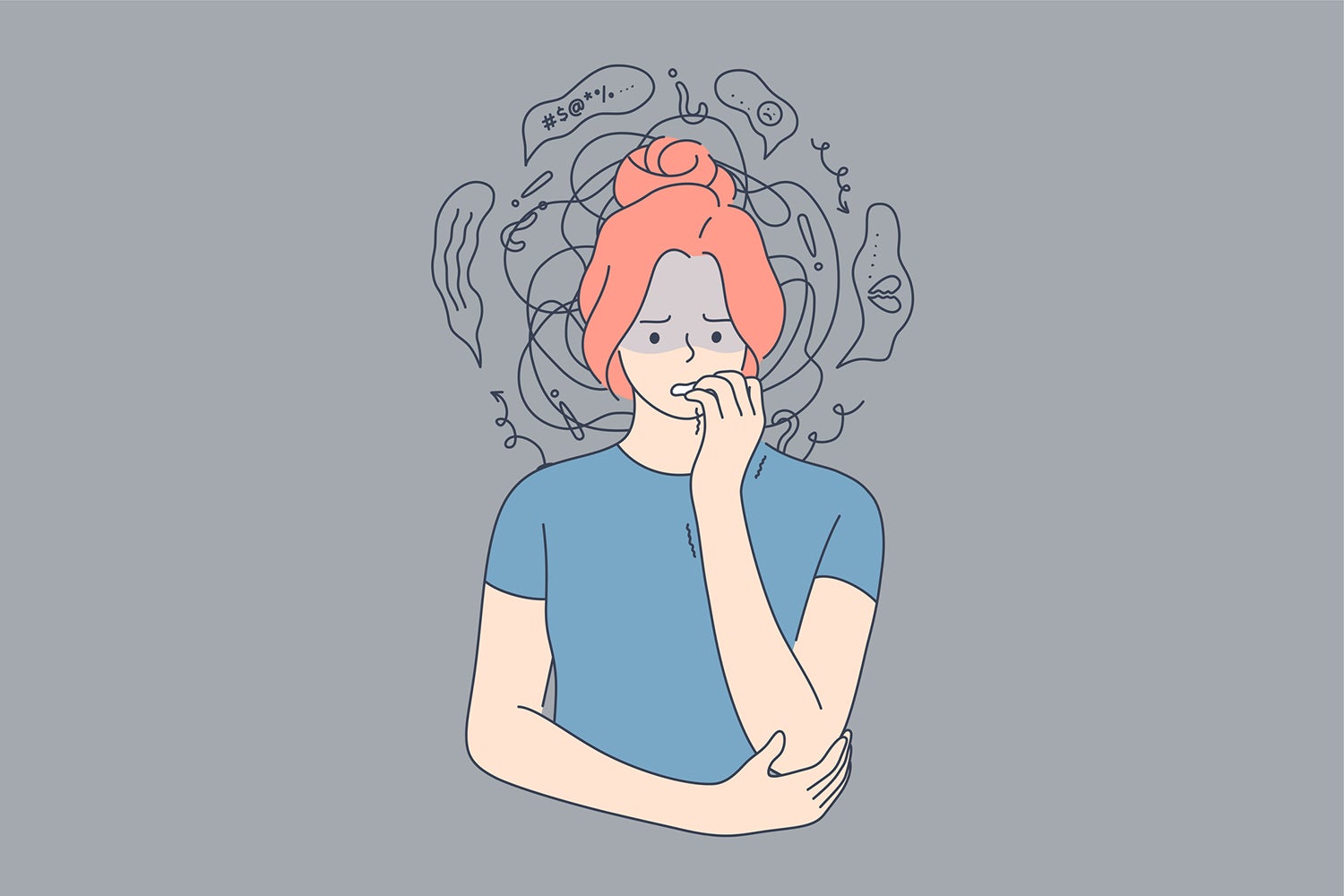Home / Special Initiatives / MMHI / MMHI News
News
Media and Mental Health Initiative
Explore More
Youth Mental Health
- – Stanford News
Emerging issues that could trouble teens
Stanford Medicine’s Vicki Harrison explains the forces impacting youth mental health, and why it’s important to involve teens. Harrison believes solutions must acknowledge the critical importance of inclusion, dignity, and respect of young people and engage them with policy and industry to elevate their ideas into the process.
- – Stanford Medicine Magazine
Teens should have a say in setting social media guardrails
A recent U.S. surgeon general’s advisory says social media platforms should embed safeguards for young people. Mental health expert, Vicki Harrison of the Center for Youth. Mental Health and Wellbeing spoke with the Stanford Medicine Magazine to encourage parents to involve teens in setting guardrails for safe and healthy social media use.
- – HHS.gov
US Surgeon General issues advisory on protecting youth mental health
The U.S. Surgeon General has issued revised guidelines for protecting youth mental health. The Stanford Psychiatry Media and Mental Health Initiative provided advisory on the development of best practices on what media organizations can do to frame stories that protect the mental health of their readers and viewers.
- – Stanford Medicine Children’s Health: Healthier, Happy Lives Blog
How to Safeguard Teens’ Well-Being on Social Media -
Young people may benefit from friendships formed online, but research also documents a variety of mental health risks for young social media users. Vicki Harrison, Program Director at the Stanford Center for Youth Mental Health and Wellbeing, spoke about how parents can guide their teens toward healthier social media use.
- – Psychiatric News
A Psychiatrist’s Journey Through Community Suicide Contagion: How Media Can Make A Difference
Dr. Steven Adelsheim writes, “For psychiatrists, it is a critical professional responsibility to educate our media partners about the risk of suicide contagion and encourage journalists to follow the reporting recommendations to help save lives.”
- – Washington Post
Words describing mental health can stigmatize. That’s painful and dehumanizing.
Victor Schwartz, a psychiatrist at New York University School of Medicine who helped organize the Media and Mental Health Initiative at Stanford University, talks about how disparaging “language can feel shame-inducing. It makes it harder for people to reach out for help or admit they are having mental health problems.”
Social Media
- – NY Times
Teenage girls say Instagram’s mental health impacts are no surprise.
This article showcases the wide discussion on the idea that for many young people, Instagram can hurt their self-image. Vicki Harrison illuminates the voices of youth she works with about their challenges with navigating the platform and talks about the mission of GoodforMEdia.
- – Washington Post
Banning your children from Instagram won’t help keep them safe. These tips will.
Vicki Harrison shares resources on what parents can do to make sure their children are safe when using social media and highlights GoodforMEdia’s guide for parents on understanding and navigating social media with their kids.
- – Washington Post
Instagram is touting safety features for teens. Mental health advocates aren’t buying it.
Vicki Harrison, program director for the Center for Youth Mental Health and Wellbeing at Stanford University, talk about “doom scroll” and how Instagram’s new features may help address some of these concerns.
- – Center for Scholars & Storytellers
More Realistic Physical Representations in Media Will Support Youth Mental Health
Movies and TV should write more characters with different body types. Beauty standards in entertainment can drive impressionable young people to extreme behaviors like eating disorders to get that "perfect look." Oversexualized characters teach kids to objectify each other, too.
Journalism
- – Mass General Research Institute
How A New Tool Can Help the Media Responsibly Report on Suicide
Chloe Chang Sorensen, lead developer of TEMPOS, discusses ways we can put TEMPOS in action and how public health and suicide prevention professionals can use TEMPOS to develop more targeted interventions when working with media partners on their reporting on suicide.
- – Nieman Lab
Stories of resilience may be linked to lower suicide rates. Will media organizations listen?
For media producers who are covering stories about suicide or suicidal ideation, a wealth of scientific literature shows that language and framing of these narratives have serious impacts. Vicki Harrison and Song Kim, leaders of the Media and Mental Health Initiative, are quoted in this article on the subject.
- – Psychiatric News
Stanford Initiative Engages Media About Mental Health, Suicide
Dr. Victor Schwartz discusses how media—including entertainment venues—can promote positive messages about mental health.
- – Psychiatric News
Psychiatrists Create Initiative to Educate Media About Suicide Contagion
This article describes the Media and Mental Health Initiative’s aim to promote public health education about mental health and suicide and systematically embed evidence-informed guidelines across all media platforms to advance narratives that promote hope, help seeking, and awareness about mental health and suicide while mitigating harmful ones.













